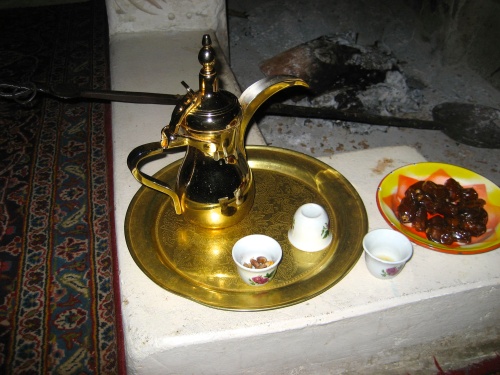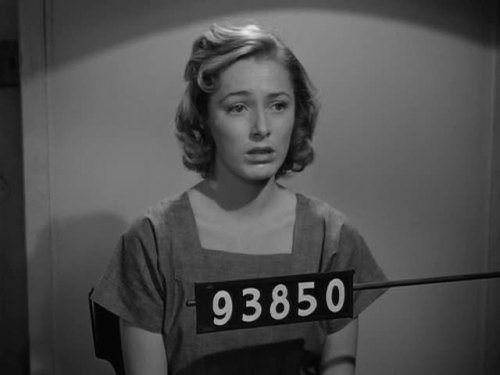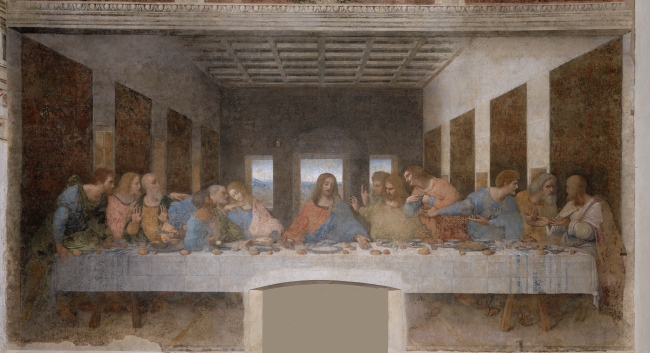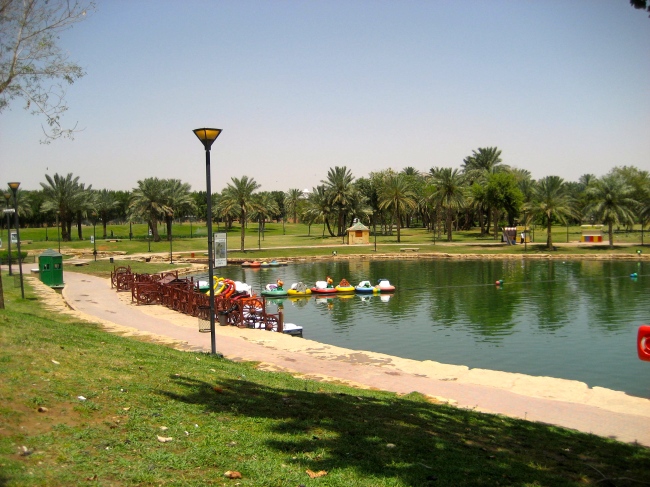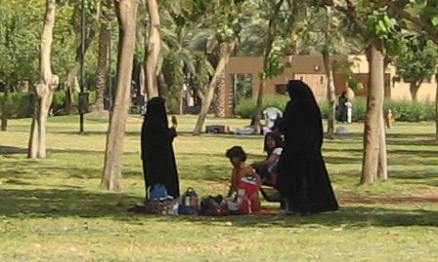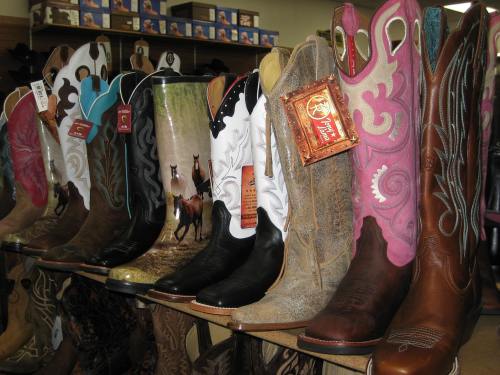
“I am totally buying these boots!”
“Totally?” laughs the saleswoman. “Y’all ain’t from aroun’ here, are ya?”
No, I’m definitely not from around here. I am a Southern California girl through and through. Sandy beaches and crashing waves are my playground. My boss, who is also my dear friend, insisted I accompany her on this business trip to Nashville. My world has just been turned upside down and she thinks I need to get out of town.
The saleswoman is scarecrow skinny, fifty-something with a wide smile. The name tag on her plaid western shirt with the pearly snaps reads ‘Betty.’ She wears her jeans unfashionably high up on her waist, cinched tight with a tooled leather belt. Her black cowboy boots are elaborately embroidered, with cut-work designs. The pointed toes of her boots look sharp enough to slice a watermelon.
Betty wants to know what brings us to Nashville. We chat about family and life in Tennessee. I have never been to a place where restaurants post signs, politely requesting patrons to leave their guns in the car. Betty is the epitome of Southern warmth and charm. I want to remember her, so I ask to take her photo.
“Now, y’all have to promise to send me a copy of that picture.”
We also take photos of boots. Lots and lots of boots. I have never seen such a variety of boots. Black, brown, pink, orange and purple. Snakeskin, rhinestones and bright embroidery adorn these boots. Some cost several months’ wages.
I choose a pair of faded brown leather boots with a bit of detail, pointy toes and a sloping heel. I have my eye on a red pair, as well. Maybe next time.
Buying boots in Tennessee is Step One of my new life. The man who promised to love and cherish me ‘til death do us part is in love with someone new. He’s forgotten his promise to me. I’ve heard of equestrian therapy for emotionally troubled children. I think I qualify. I am emotionally troubled. I will trade my flip-flops and beach towel for boots and a horse.
Betty tells us she doesn’t even know how many pairs of boots she and her husband own. I imagine Betty going home to her husband and cooking him up some fried chicken and mashed potatoes with gravy. They will swap stories about their day. Maybe Betty will talk about those women from California who came all the way to Nashville to buy themselves some cowboy boots.
I love my new boots so much that I don’t want to take them off. I forget all about my old shoes until Betty chases me out into the parking lot with the bag. She makes me promise to send those photos. I agree, even though I know I will forget.
No. I’m not from around here.


